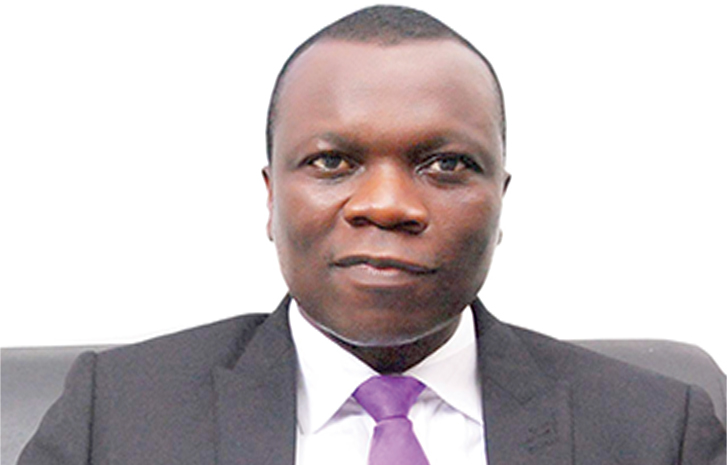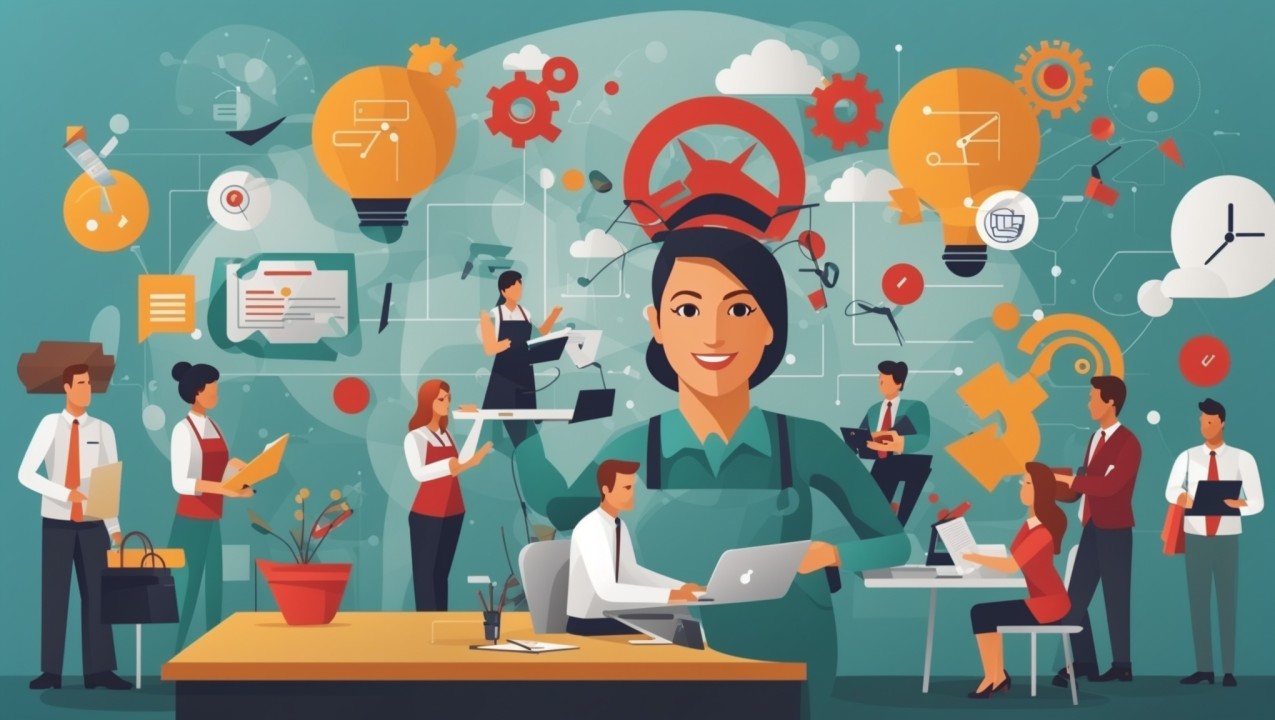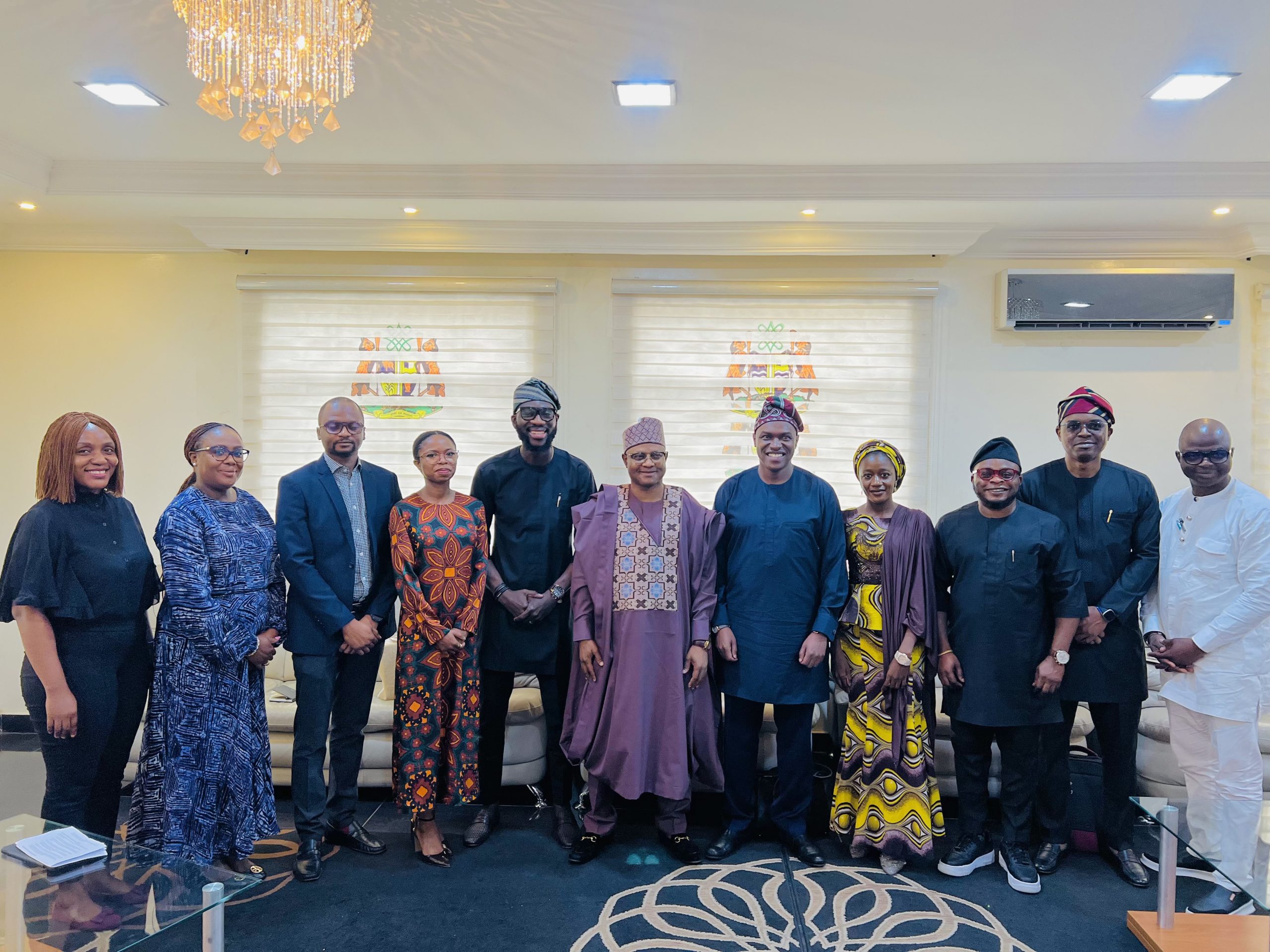Feature/OPED
Why Capacity Building in Digital Skills is Important for Professionals in Africa
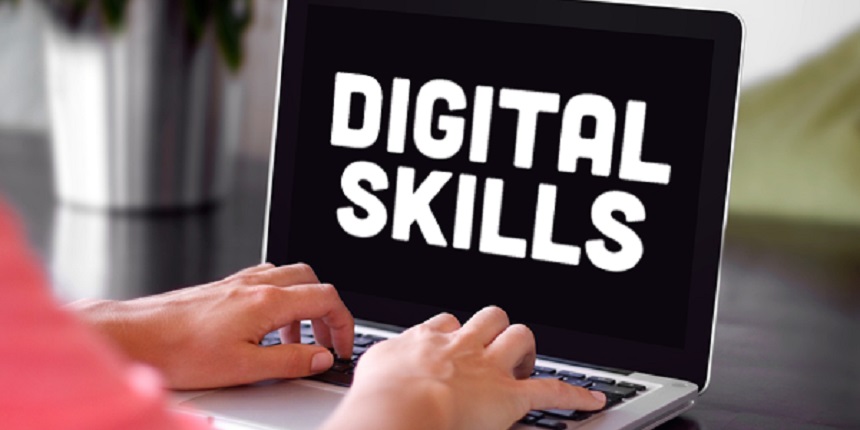
By Emmanuel Otori
Capacity building is the improvement of an individual’s or organization’s facility to produce, perform or deploy.
According to the United Nations, capacity building is the process of developing and strengthening the skills, instincts, abilities processes and resources that organisations and communities need to survive, adapt and thrive in a fast-changing world.
Skill development and training are needed around the world, many people are deprived of capacities and skills crucial to the digital era. Digital capacity building must be more needs-driven and tailored to individual and national circumstances and better coordinated globally.
According to the 2017 Global Innovation Index, several African countries have been classified as’ Innovation Achievers on the continent, including Kenya, Uganda and Senegal. Yet, many African nations are not able to fully benefit from global advancement in technology.
However, in today’s world, technology plays an increasingly important role in the economy and society as a whole. Digital skills can help you increase your employability prospects, advance your career and make the most of modern technology.
UNESCO defines digital skills as the ability to use digital devices, community applications and networks to access and manage information. Digital skills may give you an advantage in specific technical careers such as marketing, design, development and data science.
Capacity building in digital skills is strengthening digital capacities and skills to meet the demands of digital world skill development and training. So, capacity building in digital skills is to adopt and develop new practices with digital technology in order to be able to analyse and develop a critical perspective on content and underlying systems, services and network.
Acquiring digital skills is very important as the world is a fast-evolving digital world. Current technologies are being replaced by more advanced ones increasingly rapidly, so having a strong digital skillset, and feeling confident in your own capabilities to navigate through a constantly changing digital environment, will be very important for future employment.
I strongly believe that building or owning a digital skill set will contribute or help to:
- To adopt the right digital devices, applications, software and systems.
- Find, review, organize and share information effectively
- Handle data appropriately and establish good data security practices.
- Be able to communicate and collaborate in a digital setting.
- Use different online resources and tools to help study remotely and engage effectively with your learning
- Understand how to protect yourself, and other colleagues, and stay safe in a digital environment.
Conclusively, digital capabilities as the skills knowledge and understanding which help someone to live, learn and work in a digital society, and help us to use a variety of technologies, appropriately and effectively in different spaces, places and situations. Not only do digital capabilities help to engage and communicate with other people in your personal life or whilst you learn, but they also help you to succeed in the world of work. Employers are increasingly looking at what digital capabilities applicants and employees have.
Skills in creating documents, presentations, spreadsheets and communicating via email and social media are areas which are important to most organizations. They want people to use technology to access information, be creative, and innovative, solve problems, communicate, participate, learn and support others in digital spaces. Building and developing digital capabilities will definitely help to become better prepared and relevant for an increasingly digital world.
Emmanuel Otori has over 9 years of experience working with 100 start-ups and SMEs across Nigeria. He has worked on the Growth and Employment (GEM) Project of the World Bank, GiZ, and Consulted for businesses at the Abuja Enterprise Agency, Novustack, Splitspot and NITDA. He is the Chief Executive Officer at Abuja Data School
Feature/OPED
Story of a Greener Future: Multichoice’s Journey to Renewable Energy and a 20% Carbon-Emission Cut by 2028

For more than three decades, MultiChoice has been known for telling Africa’s stories, from Nollywood to live sports and real-life documentaries. But today, it’s telling a different kind of story. One about the planet. One about the future. One where sustainability is the main character.
The world is at a turning point. Climate change is no longer a distant warning; it’s a daily reality. Businesses everywhere are rethinking how they operate, not just to protect the bottom line, but to protect the Earth itself. For MultiChoice, the shift feels natural. After all, improving lives through entertainment has always been at the heart of its mission. Now, that mission extends beyond screens into the air we breathe, the energy we consume, and the communities we serve.
At the centre of this transformation is a bold commitment: achieve carbon neutrality in greenhouse gas emissions by 2050, with a significant milestone of cutting emissions by 20% by 2028. It’s a journey that requires more than ambition; it demands action, innovation, and consistency. And so far, the results are encouraging. Between 2024 and 2025, the company reduced its Scope 1 carbon emissions by 25%, bringing the figure down to 19,483 tonnes of carbon dioxide equivalent.
Across its operations, changes are quietly reshaping the way the business runs. Motion-sensor lighting clicks on only when needed. Solar panels are powering offices and reducing reliance on the grid. Daylight-harvesting LED systems, energy-efficient inverters, and smarter heating, cooling, and ventilation systems are saving thousands of kilowatts.
Here in Nigeria, outdated chillers have been swapped for energy-efficient models, synchronising electric panels now ensures better power regulation, and solar installations are set to cut daytime electricity use by almost a third. Wastewater is treated and reused for landscaping, ensuring even the gardens tell a story of sustainability. In Ghana, powerful 44kV solar panels crown the MultiChoice Accra headquarters.
But MultiChoice’s sustainability journey isn’t confined to behind-the-scenes changes. The company is also using its greatest asset, its platform, to spark environmental awareness across Africa. Through its partnership with The Earthshot Prize, one of the world’s most prestigious environmental awards, MultiChoice shines a spotlight on innovators tackling some of the planet’s biggest challenges. This year, stories of African ingenuity, from plastic recycling to solar lighting and refrigeration innovations, reached up to five million viewers, generating 56 million Naira in media coverage and inspiring communities to think green.
John Ugbe, Chief Executive Officer at MultiChoice Nigeria, sums it up simply: “Our environmental efforts have picked up pace. We’re focused on shrinking our footprint and using our platforms to raise awareness around climate change.”
It’s this blend of internal change and public storytelling that makes MultiChoice’s approach unique. The company isn’t just cutting emissions; it’s weaving sustainability into Africa’s cultural conversation. And with the 2028 milestone in sight, the story is still unfolding.
“ESG isn’t a side project,” Ugbe says. “It’s part of who we are and will be in the future. It shapes how we work, how we innovate, and how we show up for Africa every day.”
This is not just the story of a greener future. It’s the story of how Africa’s most-loved storyteller is making sure the future is one worth telling.
Feature/OPED
Tech Tools Nigerian Startups Can Use to Boost Efficiency as They Scale
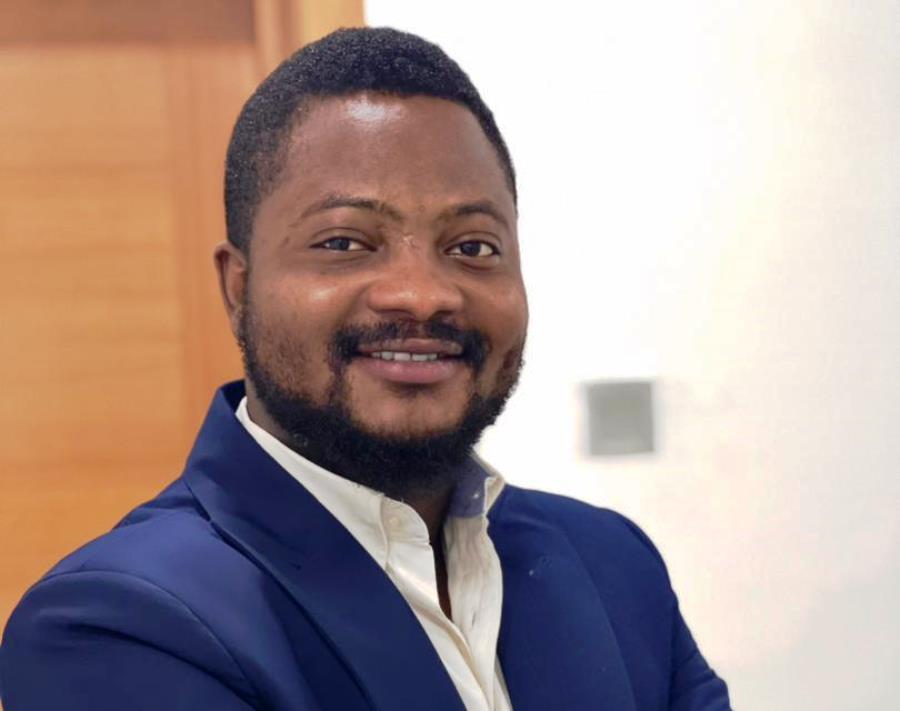
By Kehinde Ogundare
Business growth should feel energising — not like a daily struggle. When operations begin to scale, the software systems need to scale as well, and adapt to the new processes and needs of the growing organisation. For many Nigerian startups, with rising costs, lean teams, and limited time, staying organised becomes a challenge. Growth demands structure, not just ambition.
The good news? A wide range of affordable and accessible tech tools can help businesses reduce costs, streamline operations, and unlock capacity. Whether it’s managing finances, people, or customers, small teams now have the means to operate at enterprise-level efficiency.
Here are top 10 practical ways the right tools can boost productivity and help cut operational expenses:
1. Finance and spend management
Tracking expenses through manual spreadsheets and scattered receipts is inefficient and prone to error. It creates blind spots in budgeting and slows down level-headed decisions.
To simplify the process, spend management tools help to consolidate all expense data into one place. They categorise spending, flag unusual activity, and streamline approvals. For example, a startup organising multiple events each quarter could use spend management software to budget per project, track payments in real time, and generate reports with a few clicks. This allows for better planning, clearer oversight, and tighter financial control.
2. Project and task management
As teams grow or operate remotely, task coordination becomes harder. Without clear roles, priorities, and timelines, delays and duplicated work are inevitable.
Project management platforms such as Zoho Projects help align workflows with shared timelines, task ownership, status updates, and performance tracking. Such tools increase transparency and ensure everyone stays focused on the right tasks. For example, a tech startup juggling client work and product development can visualise workflows, prioritise tasks, and measure productivity, all in one place. Using such software also encourages accountability and helps teams meet deadlines.
3. Customer relationship management (CRM)
Customer engagement and consistent follow-up often determine long-term success. However, managing contact data and communication manually across tools, spreadsheets, and inboxes quickly becomes unmanageable.
CRM tools such as Bigin centralise customer records, automate follow-ups, and offer insights into sales performance. This makes it easier to manage relationships, respond faster, and refine your sales and marketing strategies based on what is working. A retail business, for example, could use CRM tools to segment customers, send targeted offers, and track conversion rates, turning first-time buyers into repeat customers.
4. Data storage and cloud access
Relying on physical infrastructure for file storage is expensive and limits flexibility. Cloud storage offers an affordable and secure alternative, giving startups a secure, central location for all business files.
It allows teams to access documents anywhere, collaborate in real time, and avoid the confusion of outdated file versions. With many tools offering free tiers or scalable plans, cloud storage is one of the simplest and most cost-effective upgrades a startup can make. It’s especially useful with distributed teams or partners working across regions or time zones.
5. Social media and marketing management
Social media is a powerful way to reach new customers, but managing it manually is time-consuming. Creating content, scheduling posts, and responding to comments can drain internal resources.
Social media management tools help to plan content ahead of time, monitor performance, and stay consistent across platforms. Automation removes the drudgery of manual work, while analytics help refine your messaging and reach. For instance, a beauty brand or lifestyle brand can schedule campaigns around product launches and holidays while keeping an eye on which content drives the most engagement.
6. HR and people operations
Tasks like recruitment, onboarding, leave tracking, and managing payroll quickly pile up. Without dedicated HR support tools, these responsibilities can distract from core business goals.
With centralised employee records and self-service portals, HR tools reduce admin time and ensure staff get the support they need. A small agency, for instance, could use them to simplify leave tracking and ensure timely salary payments, avoiding disputes or bottlenecks. This builds a more professional internal structure without needing a full HR department.
7. Workflow and process automation
Hours can be wasted on manual admin: copying data between systems, sending reminders, and generating reports. Automation tools remove that burden by connecting everyday apps and triggering tasks based on simple rules.
Whether it’s sending alerts, updating spreadsheets, or managing approvals, automation tools work in the background to keep operations ticking over. For example, when a new sale is recorded, the system could automatically update inventory, notify the finance team, and schedule a customer welcome email.
8. Cybersecurity tools
Data breaches and cyberattacks are not just a risk to large corporations. Even small businesses are vulnerable, and accidental data loss can have serious consequences.
Cybersecurity solutions, such as encrypted storage, secure password managers, and access control systems, help safeguard business and customer data. For startups, building trust with users starts with protecting their information. Tools that alert teams to suspicious activity or restrict access to sensitive files can prevent costly breaches and keep your reputation intact.
9. Website builders and analytics
A professional online presence is essential, especially in competitive industries. Modern website builders allow businesses to create responsive, user-friendly sites without coding experience.
This ensures that potential customers find you easily – and that you understand how they engage with your content. For early-stage businesses, this can mean the difference between visibility and invisibility. Analytics help you learn what pages convert best, which campaigns drive traffic, and how to optimise your digital marketing spend.
10. Integrated business systems
Startups often adopt a mix of standalone tools for different tasks. But as operations expand, switching between disconnected apps becomes inefficient and error-prone.
Integrated platforms bring everything – from CRM and finance to HR and analytics – into a single ecosystem. With connected tools and shared dashboards, teams collaborate better and make faster decisions. Imagine a logistics startup being able to track deliveries, issue invoices, and review driver performance all from one interface. It cuts down on confusion, improves customer service, and saves time across the board.
The bottom line
Whether you’re managing expenses, improving collaboration, or enhancing customer service, the right tech tools can unlock new levels of efficiency.
You do not need a large team or deep pockets to build a business that runs smoothly. With the right systems in place, you can reduce admin, improve visibility, and focus on what really matters: growing the business.
As technology tools become more accessible, now is the time to assess what you’re using— and whether those tools are helping you move forward or slowing you down.
Kehinde Ogundare is the Country Head for Zoho Nigeria
Feature/OPED
Warri, a Distressed and a Dying City
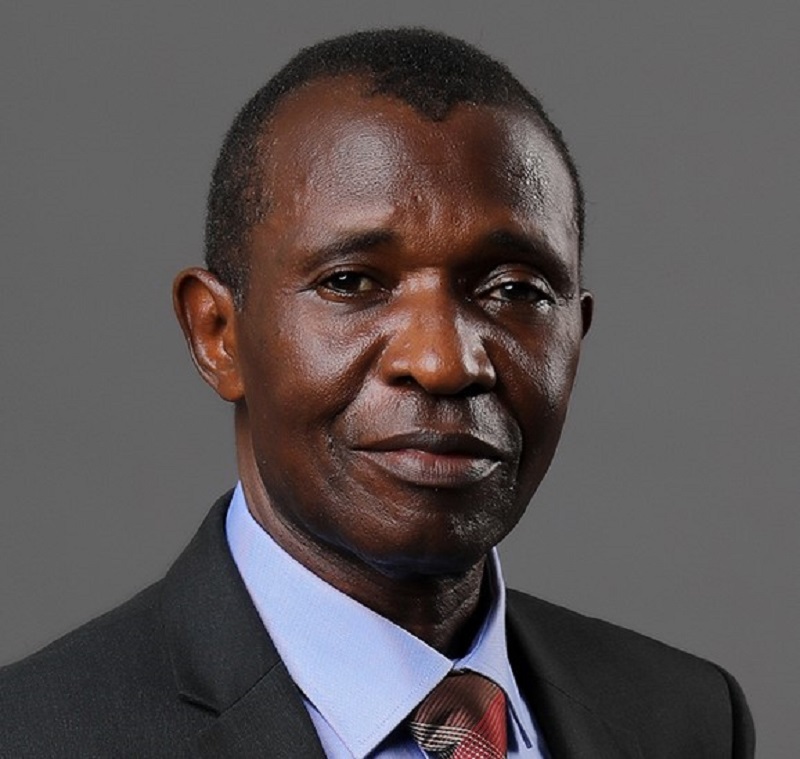
By Michael Owhoko, PhD
Who will restore Warri back to its glorious days? A city that was once the pride of all Wafarians, is now a shadow of itself, rusty and reeking with aroma of poverty occasioned by systemic decline with people cocooned in deprivation and squalor.Warri is allusively known as Wafi, making the people and residents of the city identified as Wafarians.
I was close to tears during my recent visit where I toured the length and breadth of Warri, covering Deco Road, Okumagba Avenue, Okere Road, McCiver, Odion Road, Market Road, Cemetery Road, Iyara, McDermott Road, Warri-Sapele Road, Upper and Lower Erejuwa, Ajamogha, Esisi, and Warri Port. I stayed for over two months, the longest since my relocation to Lagos in 1984.
All I saw was a distressed and a dying city with shattered dreams, shrinking hopes, and diminished opportunities induced by capital flight and economic disorders. It is a metaphor for youth unemployment, dwindling aspirations, and social chaos, where people just labour under profound deficit constrained by rationed resources, owing to lack of fresh capital from investors.
Indeed, Warri is choking from severe economic dehydration, with all available spaces in front of buildings converted into small shops where people engaged in petty trading and POS businesses, making the whole streets look like mini-markets. This is further worsened by the large number of keke tricycles almost outstripping the populace with attendant heavy noise emission. Even the dead have no peace in Warri as the entrance to the only cemetery in the town has been overtaken by petty traders, and keke tricycles mechanics, leaving a small gate forentry.
How did such a once vibrant cosmopolitan city that attracted global presence, including investors, and played host to several notable national and international events, degenerated into a rural enclave with dilapidated structures? What went wrong, and who created the mess which have betrayed the values and ideals that once held Wafarians together in unity and love?
While it is easy to link Warri’s stunted growth to the unending ethnic rivalry among the Itsekiris, Urhobos and Ijaws, for posterity, it is also important to specifically identify those, whose actions, directly or indirectly,have contributed to the city’s appalling condition, which has brought shame and embarrassment to the collective psyche of Wafarians.
First, the opposition of Warri as capital of Delta State at the creation by Itsekiri leaders, led by His Royal Majesty, the Olu of Warri, AtuwatseII, have done more harm to the general good of Warri, and setting the city backward. The deficit outcome has made the motive designed to protect the Itsekiri’s ethnic interests pale into insignificance.
What is the gain of this stand within the context of development, other than fear of Urhobo domination, and the need to thwart it? This was an obvious delusion, and no amount of rationalization can justify the mess that has eclipsed Warri. It was a miscalculation. Sacrificing the city’s progress on the altar of narrow ethnic interest was a tragedy.
Unfortunately, former military President, Ibrahim Babangida (IBB) further complicated the matter when he failed to demonstrate objective governance, taking advantage of the Itsekiri’s disapproval of Warri as capital to illogically site the capital of Delta State in Asaba, hometown of his wife. It was the height of absurdity in decision making, and a study in bad leadership.Had the ethnic trust deficit in Warri been bridged and the ethnic groups unite to demand Warri as capital, the city would have been better transformed with infrastructural advantage typical of a modern capital city, attracting foreign investors, to the benefit of all.
Second, the unending contention over ownership of Warri township among Urhobos, Itsekiris and Ijaws, over the years, have continued to promote ethnic animosity and discord, contributing immensely to the backwardness of the city. Those who started this tussle have since passed on, without adding any value to their respective ethnic groups.Sadly, this bitter ethnic rivalry is being passed on to succeeding generations, who have foolishly continued in this trajectory to spread hate, rather than live in harmony as neighbours, to achieve enduring peace and development in Warri.
It should be noted that these ownership claims are exercise in futility, as either of these ethnic groups, can practically dislodge one another to take physical possession of any habitation. For example, just as it is practically impossible for the Urhobos to evict the Itsekiris from Okere, it is also unrealistic for the Itsekiris to dispossess the Ijaws of Ogbe-Ijaw land.
And so, brandishing colonial and post-colonial court judgements and papers as proof of ownership, is insignificant and waste of energies. The three ethnic groups must bury their pride and ego, and live together peacefully as Wafarians, bound by common cultural affinity, so that Warri can experience peace and progress again.
Third, ethnic leaders that directly or indirectly encourage and incite their youth to resort to violence, and sometimes, carry arms to threaten, destroy or kill their neighbours over land, have nothing to gain other than misery and poverty. Ironically, it is the innocent children of the poor that are used for such senseless conflict, while the children of the rich, enjoy comfort in safe haven in faraway Lagos, Abuja, London, USA or Canada.
Besides, the parents of most of these gullible youth being used to perpetuate these crimes, have no ancestral root, and properties in Warri township. Destruction and mayhem only leave in their trail, economic decline, unemployment, anguish, suffering, hardship and poverty, as investors will flee with their capital from a hostile environment, as shown with the exit of numerous companies in the city.
Lessons ought to have been learnt from the Ijaw-Itsekiri conflict which lasted from 1997 to 1999 over siting of Warri South West Local Government Area Headquarters. At the end of that war, both parties counted only losses, no benefit, no value addition, and no reward. Regrettably, companies that were hitherto sources of sustained fresh capital in Warri, relocated to other cities, bringing lackand despair to Warri and its environs. There must not be a repeat of such a senseless ethnic war, as Warri may never survive a second experience.
The effect of the Ijaw-Itsekiri fight led to exit of companies like Pan Ocean, Schlumberger, Halliburton, Shell Petroleum Development Company, (SPDC), ELF, Conoco-Phillips, Agip, WEAFRI, NISSCO, Globestar, McDermott, DBN, WESCO, Hercules Offshore Nigeria, Nigeria Dredging & Marine, LAMNALCO, and Dunlop.
Others include Saipem, Seismograph Services Limited, Snamprogetti, Dowell, Anadrill, Baroid, Santafe, Oceaneering, Kingsway, Leventis, West Minster Dredging, John Holt, SCOA, Glorylux, United African Company (UAC), Mandillas, Nestoil together with maritime and shipping firms located inside the Nigerian Ports Authority, Warri.
The companies not only left with their investment; they also left behind high unemployment rate of approximately 80 per cent in Warri. Except for Chevron Nigeria Limited, and perhaps, recently, Tantita Security Services Limited, through which fresh funds are being injected into the economy of Warri, the condition of the town would have been catastrophic.
Fourth, those that engage in collection of “deve” (development) fee as precondition for commencement of project, and also, who forcefully demand employment and contract slots from companies, have also contributed to the poor condition of Warri. By their actions, companies, including small business enterprises and individuals, are frustrated and discouraged from establishing businesses in the city, thereby compounding the unemployment burden.
Fifth, the non-operational Warri Port has also added to the economic hardship in Warri. Ocean-going vessels that used to berth, servicing business interests in neighbouring Effurun, Udu, Benin City, Onitsha, Asaba, and the environs, are no more. This is further worsened by the collapse of adjoining companies like the Delta Steel Company, Owvian-Aladja and Warri Refinery and Petrochemical Company, Ekpan, which has taken a huge toll on Warri life.
It is, therefore, imperative for the ethnic groups to redirect their energies to promote peace and unity, in order to restore investors’ confidence.The Ijaws, Urhobos and Itsekiris’ leaders can also leverage their common cultural ties, as expressed in food, clothes, trade, history, and festivals to boost Warri’s economy. For example, Warri cultural celebrations like Agbassa Juju (Idju Owhurie Festival) and Okere Juju (Awankere Festival) can be bolstered and turned into major tourists’ destination, as part of strategy to make Warri great again.
Dr Mike Owhoko, Lagos-based public policy analyst, author, and journalist, can be reached at www.mikeowhoko.com, and followed on X {formerly Twitter} @michaelowhoko.
-

 Feature/OPED6 years ago
Feature/OPED6 years agoDavos was Different this year
-
Travel/Tourism9 years ago
Lagos Seals Western Lodge Hotel In Ikorodu
-

 Showbiz3 years ago
Showbiz3 years agoEstranged Lover Releases Videos of Empress Njamah Bathing
-

 Banking7 years ago
Banking7 years agoSort Codes of GTBank Branches in Nigeria
-

 Economy2 years ago
Economy2 years agoSubsidy Removal: CNG at N130 Per Litre Cheaper Than Petrol—IPMAN
-

 Banking2 years ago
Banking2 years agoFirst Bank Announces Planned Downtime
-

 Sports2 years ago
Sports2 years agoHighest Paid Nigerian Footballer – How Much Do Nigerian Footballers Earn
-

 Technology5 years ago
Technology5 years agoHow To Link Your MTN, Airtel, Glo, 9mobile Lines to NIN





